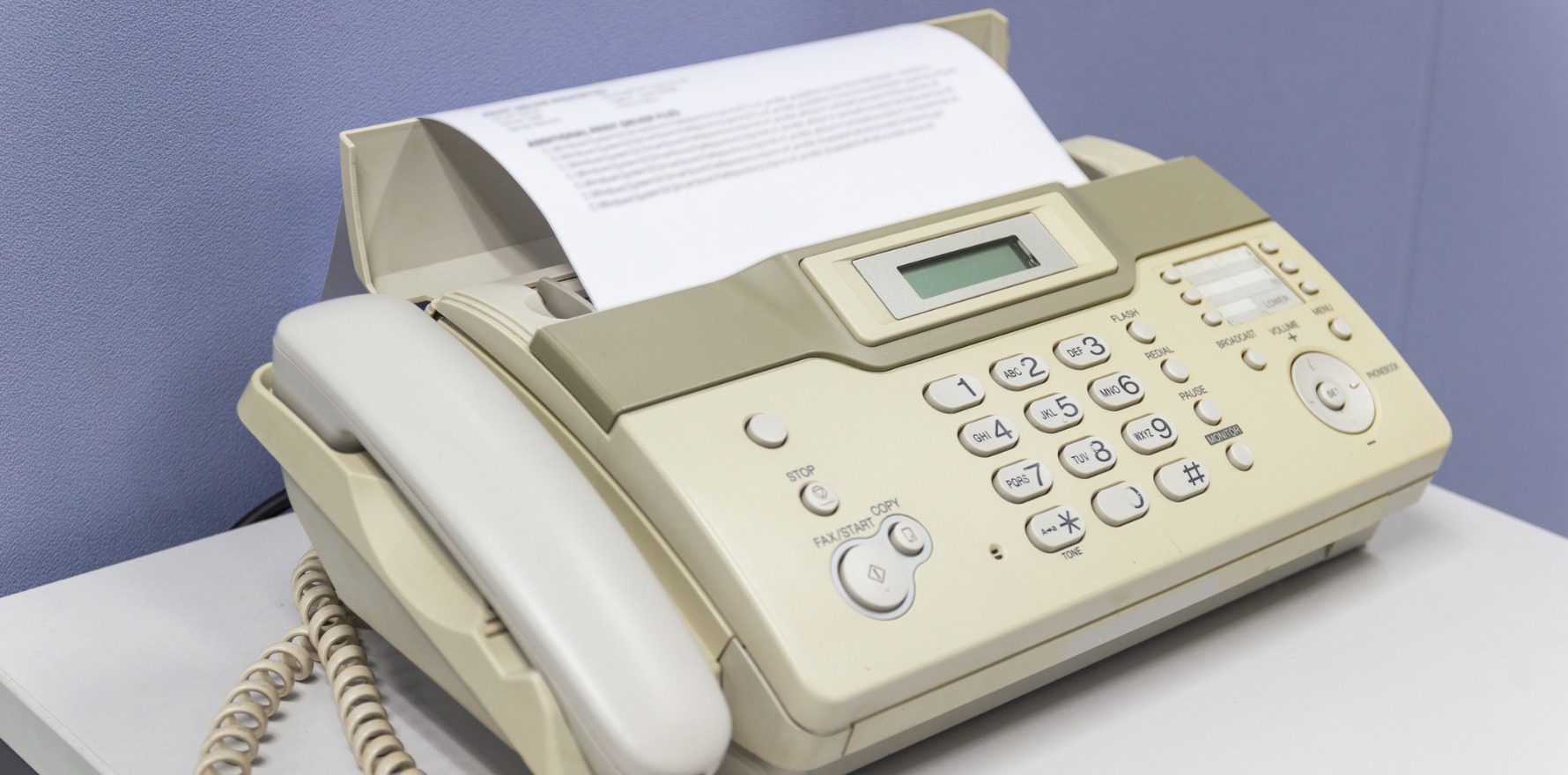The general practice of paper-based referral and faxes has ‘had its day’.
General practice has long been at the “forefront of digital health” with its use of clinical information systems (CISs) – but with nowhere for the information to go, due to a lack of standardisation, it’s been left with data silos and inefficiency.
In 2018, the RACGP, Australian Digital Health Agency and other stakeholders published a report on the minimum requirements for general practice clinical information systems to improve useability.
But an absence of policy framework, lack of incentives, competing priorities of policy makers and a lack of funding for implementation impeded progress.
Today, the college released its new position statement on the trials and tribulations of CISs, focusing on their lack of interoperability and how to improve implementation of standards.
“CISs are sophisticated tools vital to the business operations of general practice and the delivery of safe and high-quality patient care,” said the RACGP.
“Minimum requirements for these products and the implementation of standards for their core features would improve data quality, security, and information sharing which in turns supports improved patient safety.”
While there have been digital improvements in recent years, general practice’s reliance on methods as “antiquated” as faxing to communicate with other parts of the health system, and with patients, has led to “missed opportunities”.
Speaking to The Medical Republic, chair of the RACGP’s Practice and Technology Management Expert Committee Dr Rob Hosking likened a doctor using the fax machine to a journalist using a cassette dictaphone.
“It’s had its day,” he said.
“We need to be able to transfer information that’s not just a letter with English on it, we need elements that can be coded and can be imported into the receiving information system, or computer system.
“Particularly when it comes to medications, allergies, and diagnoses.”
Without interoperability, the sector is left with “data silos”, noted the college in its statement.
“Not having ready access to patient information through the local CIS can create delays that compromise safety and the delivery of quality care, a problem brought into sharp relief by the covid pandemic,” it said.
Beyond patient safety, it also compromises the safe transfer of sensitive data and increases administrative burden.
Related
Some functions of current CISs also detract from patient care.
“[A CIS] should not require the GP to gather information redundant to the interaction or distract from the development of the therapeutic relationship by diverting the GP’s attention away from the patient to the screen,” said the statement.
In good news, there have been improvements since 2018, Dr Hosking told TMR.
The development of the Fast Healthcare Interoperability Resources (FHIR) – which facilitates health information transfer through a “shared language” – has potential to change the game.
“It’s been adopted around the world, particularly in the US and by a lot of big companies like Apple,” said Dr Hosking.
“Unfortunately, like a lot of things, it didn’t get traction in Australia until it was taken up elsewhere.”
According to the RAGCP, the sector needs to continue build on the outcomes of the 2018 report to develop minimum requirements for general practice CISs.
The college suggested, similarly to many other countries, Australia should consider CIS standardisation through an accreditation process.
There may need to be legislative change in some jurisdictions to make it illegal for software vendors to restrict exchange of health information between certified health information technologies.
But the implementation process will require federal grants for practices, said the college, and no system can be successfully implemented without education.
“We need to train and educate GPs and general practice staff,” added Dr Hosking.
“But we also need the systems to be simpler and easier to use.”
Dr Hosking referred to the overwhelming choice facing the general population looking to share information: be it through messenger, text or WhatsApp.
“Multiply that by the number of hospitals, each of them wants to do their own thing and have their own templates,” he added.
“It’s very hard for GP to know, how do I refer this person appropriately?”
Education will be vital across the whole sector, as will a concerted effort for implementation, added Dr Hosking.
“GPs have been at the forefront of digital health for many years, and we’ve been the ones who’ve been using these systems,” he said.
“But in the past, we’ve had nobody to communicate with.
“Now we’re starting to be able to do it, but we want to do it in a way that’s structured, and sensible.”





